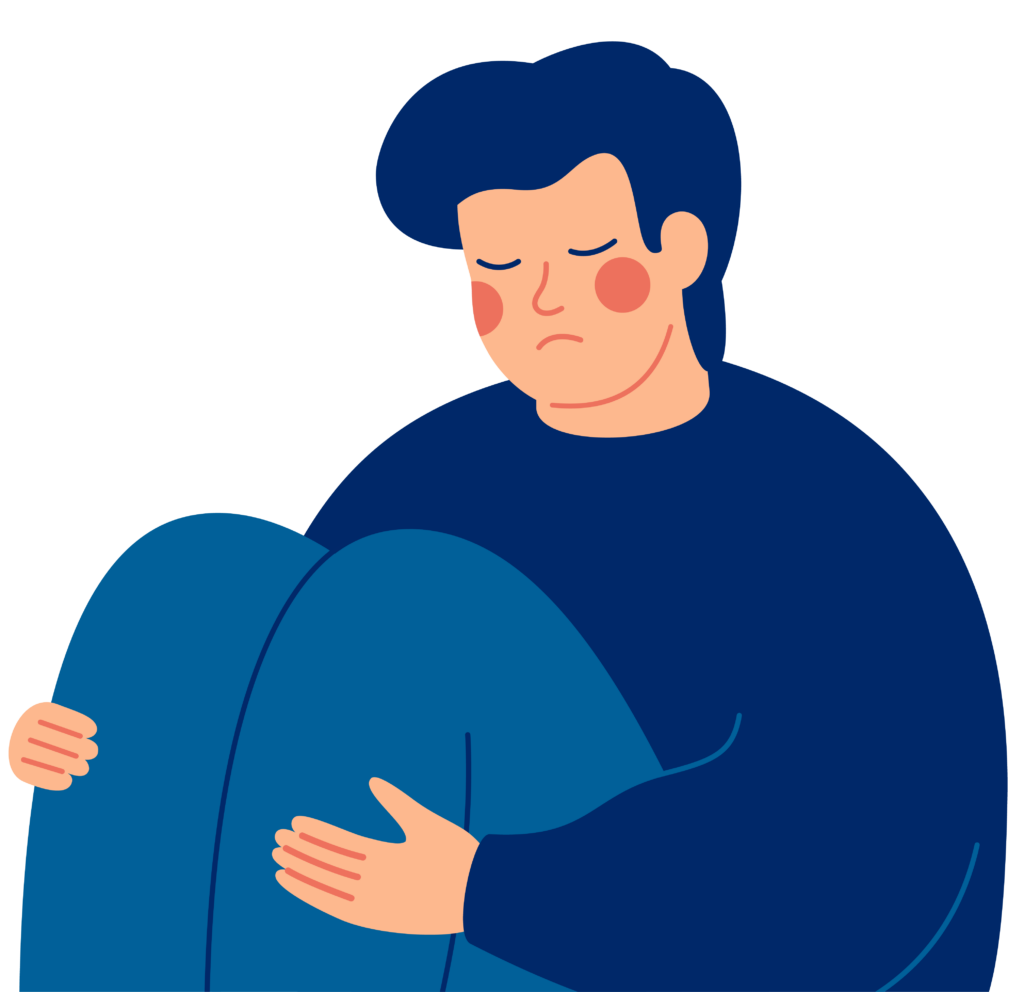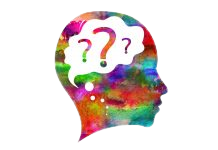How Can We Treat of Sexual Dysfunction....?
- Identify the underlying cause: Sexual dysfunction can be caused by a variety of factors, including medical conditions, medication side effects, psychological issues, or relationship problems. It is important to identify the root cause of the dysfunction in order to develop an effective treatment plan.
- Consider medical and psychological treatments: Depending on the cause of the sexual dysfunction, medical or psychological treatments may be recommended. Medical treatments may include medications such as Viagra for erectile dysfunction or hormone replacement therapy for low libido. Psychological treatments may include therapy to address relationship issues, stress, anxiety, or other psychological factors contributing to the dysfunction.
- Practice healthy lifestyle habits: Adopting healthy lifestyle habits can also be an important part of treating sexual dysfunction. This may include regular exercise, a balanced diet, stress management techniques, and avoiding drugs and alcohol. These habits can help improve overall physical and mental health, which in turn can improve sexual functioning.
Premature ejaculation (PE)
LOW SEXUAL DESIRE
Low sexual desire, also known as hypoactive sexual desire disorder (HSDD), is a condition in which a person experiences a lack of sexual interest or desire. It can affect both men and women and can occur at any age, although it is more common in older individuals.
The causes of low sexual desire can be complex and may involve physical, psychological, and interpersonal factors. Physical causes may include hormonal imbalances, chronic illnesses such as diabetes or heart disease, or side effects of medication. Psychological causes may include stress, anxiety, depression, or past traumas. Interpersonal factors may include relationship problems or communication issues with a partner.
Treatment for low sexual desire may vary depending on the underlying cause. For example, if the cause is a hormonal imbalance, hormone therapy may be recommended. If the cause is psychological, therapy or counseling may be helpful in identifying and addressing underlying issues. Additionally, lifestyle changes such as exercise, stress reduction techniques, and improving communication with a partner may be beneficial.
It is important to note that a temporary decrease in sexual desire is common and not necessarily a cause for concern. However, if the problem is persistent and causing distress or problems in a relationship, seeking medical advice is recommended.


PORN ADDICTION
Porn addiction, also known as compulsive sexual behavior disorder (CSBD), is a condition in which a person experiences an intense and compulsive urge to view pornography or engage in sexual behavior. It is considered a behavioral addiction and can lead to significant negative consequences in a person’s life, such as relationship problems, financial issues, and even legal troubles.
The causes of porn addiction are complex and may involve both biological and environmental factors. Biological factors may include changes in the brain’s reward system, similar to what is seen in drug addiction. Environmental factors may include exposure to porn at a young age, social isolation, or a history of trauma.
Symptoms of porn addiction may include a preoccupation with sexual fantasies or pornography, a loss of interest in other activities, and difficulty controlling sexual impulses. It may also lead to problems in personal and professional relationships, financial difficulties, and a decline in mental health.
Treatment for porn addiction may involve a combination of therapy, medication, and lifestyle changes. Cognitive-behavioral therapy (CBT) and other forms of psychotherapy may be helpful in identifying and addressing underlying psychological issues, while medications such as antidepressants may help to alleviate symptoms. Additionally, lifestyle changes such as regular exercise, social support, and limiting access to pornographic material may be beneficial.
It is important to note that not everyone who views pornography will develop an addiction, and occasional use is not necessarily a cause for concern. However, if a person feels that their use of pornography is becoming problematic or interfering with their daily life, seeking medical advice is recommended.
